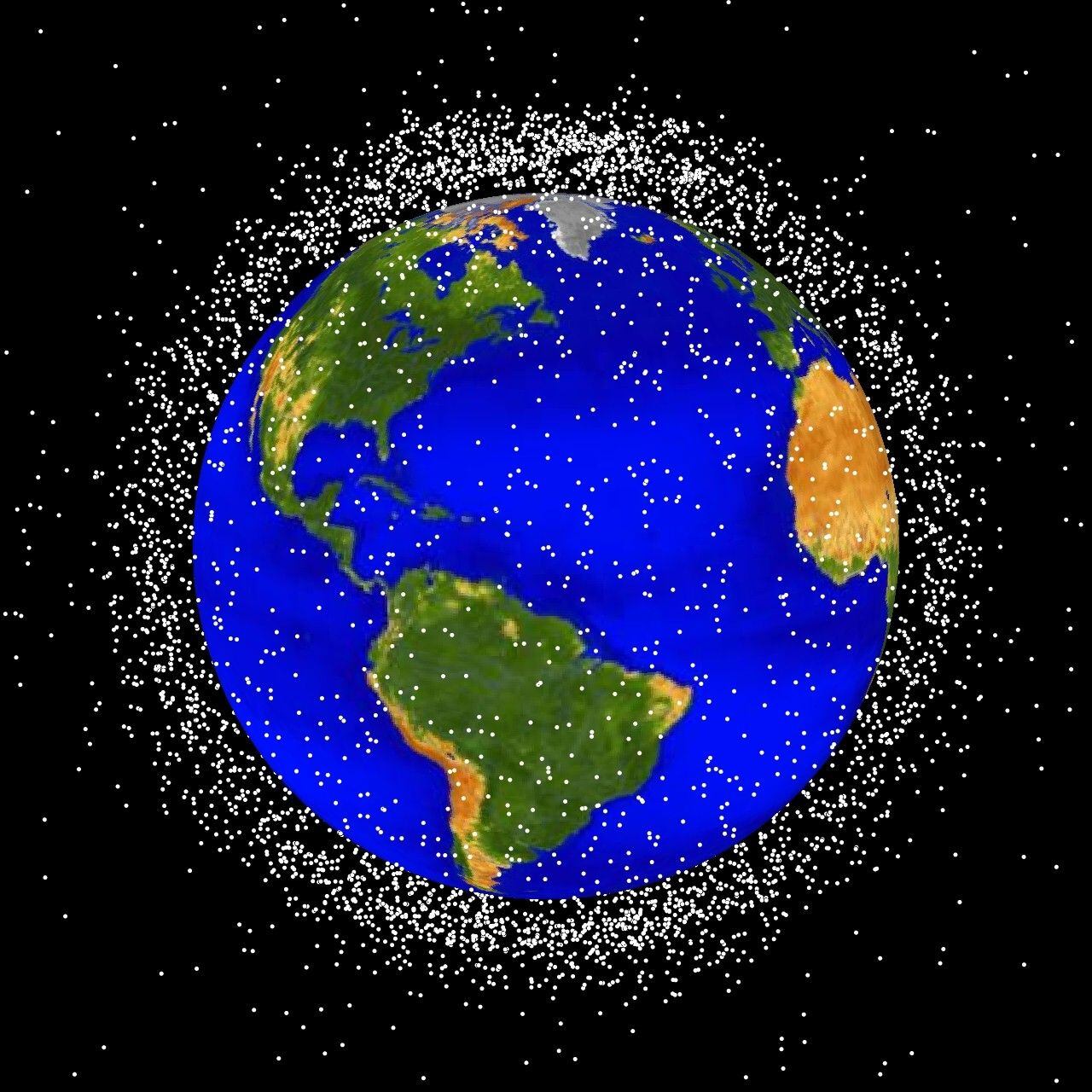Members from the military and the intelligence community (IC) gathered Friday to discuss ongoing dialogue to foster a closer relationship in monitoring friendly assets in space, now considered to be a highly contested environment both from adversary's attempts to deny capabilities and the so-called space junk traveling at high velocities that threatens the integrity of systems.
Gathering at Strategic Command headquarters in Nebraska, the Joint Space Doctrine and Tactics Forum (JSDTF) — which was co-chaired by National Reconnaissance Office Director Betty Sapp and STRATCOM Commander Adm. Cecil Haney — saw attendees from Air Force Space Command, Army Space and Missile Defense Command/Army Forces Strategic Command, Fleet Cyber Command, and Marine Corps Forces Strategic Command.
"Forums such as these challenge our thinking and build greater understanding of the space environment and threats we face. They are increasingly important to foster the exchange of perceptions and to have a rich dialogue," Haney said.
According to a STRATCOM spokesman, the discussions in these quarterly meetings focus on topics "centered around ensuring U.S. space policy, doctrine, operational concepts, strategies and planning scenarios that reflect space is a contested domain, populated by dynamic actors."
The JSDTF was established in 2015 by Haney and, according to STRATCOM, serves as a nexus to increase space collaboration and coordination between the defense and intelligence communities. The goal of these discussions aims to advance the development of tactics, techniques and procedures to better facilitate and enhance information sharing, doctrine and lessons learned.
"We gathered operational leaders from across the space enterprise and held some very candid discussions on how to best synchronize our efforts and identify gaps in our capabilities to facilitate our long-term investments and associated solutions," Haney said in February 2015, providing details of the JSDTF's first meeting. "For example, it was interesting to look at different ways to enhance existing satellite communication capabilities in contested and congested environments."
In terms of current progress, Haney told the Senate Armed Services Committee in March: "We have already made significant improvements in the integration of exercises and wargames, and are revising associated joint doctrine, as well as new tactics, techniques and procedures for our space operators. The JSDTF will foster the transformation of how the U.S. operates in space by promoting seamless functionality between the DOD and IC — a tight bond we must continue to strengthen."
The STRATCOM spokesman declined to offer further details of the Aug. 26 JSDTF gathering.
Haney and others have not been shy in providing details of other programs and capabilities designed to provide greater space situational awareness (SSA) — one being the launch this month of the third and fourth satellites in the Geosynchronous Space Situational Awareness Program, which collect SSA data unobstructed by weather or atmosphere for more accurate tracking and identification of space objects.
Additionally, the Joint Interagency Combined Space Operations Center, created in 2015 "at the behest" — according to Lt. Gen. David Mann, the commanding general of Army Space and Missile Defense Command — of Deputy Defense Secretary Bob Work, seeks to provide a more integrated picture of space with a variety of partners.
Part of the challenge in SSA is making sense of the data that is collected and developing it into actionable information.
"It’s going to come into our battle management capability as we improve into our [Joint Space Operations Center] and [Joint Interagency Combined Space Operations Center] as we’re pulling in all of the data," Air Force Space Command Chief Scientist Merri Sanchez saidat the Space and Missile Defense Symposium this month. "I think that we need to get all of the autonomy into that … so that the operator can actually quickly and rapidly respond to all these situations."
"By gaining comprehensive SSA, we are better able to provide more robust spaceflight safety information, assisting the U.S. and its allies in conducting responsible and safe space operations," Haney said. "Space capabilities touch every facet of our lives, and all nations benefit from a safe and secure space domain."
The STRATCOM spokesman told C4ISRNET in an email that a date has yet to be set for the next JSDTF meeting.
Mark Pomerleau is a reporter for C4ISRNET, covering information warfare and cyberspace.








